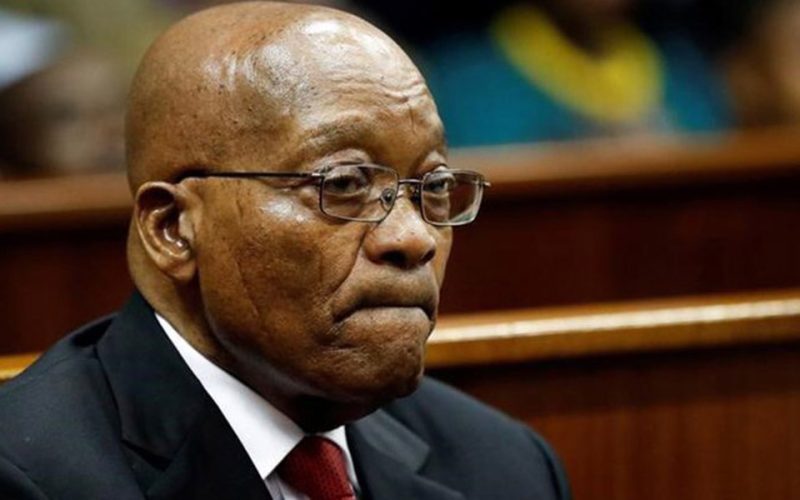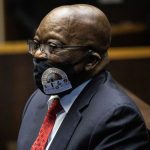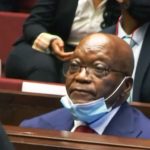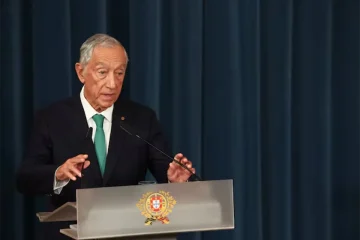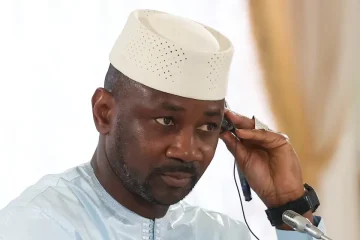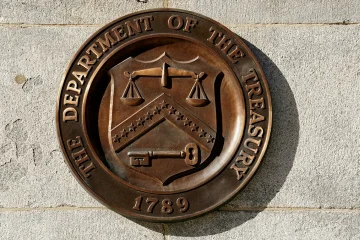AFRICAN MIRROR REPORTER
SOUTH African opposition parties have expressed their unhappiness at the decision to grant medical parole to the country’s former president Jacob Zuma and have called for transparency and accountability.
Zuma, 79, has served two of his 15 months prison sentence and has been in hospital for over two weeks after he underwent surgery.
The Democratic Alliance (DA), the official opposition has called the decision to grant Zuma medical parole unlawful and wants the man who took the decision, Arthur Fraser, the Commissioner of Correctional Services, to be hauled to parliament to explain himself.
DA leader John Steenhuysen said: I will be submitting an application in terms of the Promotion of Access to Information Act (PAIA) for the records of the Parole Board to establish what criteria the Department of Correctional Services used to determine Jacob Zuma’s eligibility for medical parole.
“I will also request that the Justice and Correctional Services Committee summon Arthur Fraser to explain to Parliament his decision to grant this medical parole in direct contravention of the Correctional Matters Amendment Act.”
AfriForum described the decision to place Zuma on medical parole as a violation of justice. The Congress of the People has also expressed its shock and disappointment at the decision.
Mzwanele Manyi, a spokesperson for the Jacob Zuma Foundation, said it welcomed the decision of the parole board.
The granting of the parole means that Zuma will complete the rest of his 15 months sentence at home, under correctional supervision.
The medical parole was granted to Zuma while he was in hospital, recovering from recent surgery. He has served two months of a sentence imposed by the Constitutional Court for contempt.
In a statement, Singabakho Nxumalo, the spokesperson for the DCS said Zuma was granted parole by DCS Commissioner Arthur Fraser.
Nxumalo said: “Section 75 (7) (a) of the Correctional Services Act 111 of 1998 affords the National Commissioner a responsibility to place under correctional supervision or day parole or grant parole or medical parole to a sentenced offender serving a sentence in incarceration for 24 months or less. The National Commissioner is also in terms of Section 52, empowered to prescribe conditions of parole.
“Medical parole’s eligibility for Mr Zuma is impelled by a medical report received by the Department of Correctional Services. Apart from being terminally ill and physically incapacitated, inmates suffering from an illness that severely limits their daily activity or self-care can also be considered for medical parole.
“The risk of re-offending of released inmates must also be low and there must be appropriate arrangements for the inmate’s supervision, care and treatment within the community to which the inmate is to be released to.”
Nxumalo warned that medical parole could be revoked if Zuma did not comply with placement conditions.
In a bid to demonstrate that Zuma did not get special treatment, Nxumalo stressed that the placement on medical parole was an option available to all sentenced offenders, provided they met all the requirements.
Zuma was jailed for defying a Constitutional Court order to give evidence at an inquiry investigating high-level corruption during his nine years in office until 2018.
When Zuma handed himself in on July 7, protests by his supporters escalated into riots involving looting and arson that President Cyril Ramaphosa described as an “insurrection”.

